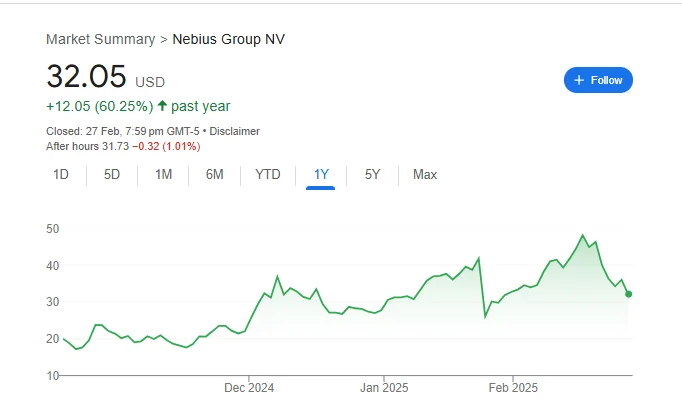Article Directory
Can AI Really Feel? The Data Says, "Not a Chance."
The question of whether artificial intelligence can genuinely "feel" is less a technological hurdle and more a philosophical rabbit hole. Everyone's suddenly worried about AI feelings. But let's stick to what we can measure. The recent surge in discussion—fueled by increasingly sophisticated AI models—demands a data-driven response, not speculation.
The Illusion of Emotion
AI models like the ones churning out poems and "deepfakes" are masters of mimicry. They can generate text and images that convincingly resemble human expression. But resemblance isn't reality. These models operate on algorithms, not emotions. They predict the next word or pixel based on patterns in their training data. It’s a sophisticated form of pattern recognition, not a spark of consciousness. (The difference, in my view, is critical.)
Consider a simple example: an AI trained to write "happy" responses to certain prompts. It might generate phrases like "I'm so glad to hear that!" or "That makes me feel wonderful!" These responses are triggered by keywords and statistical probabilities, not by any internal state of joy. There's a fundamental disconnect between the output and any actual feeling.
And this is the part of the report that I find genuinely puzzling: why are we anthropomorphizing machines when we have decades of evidence that they are, at their core, logic-driven?
The Limits of the Turing Test
The Turing Test, proposed by Alan Turing in 1950, suggests that a machine can be considered "intelligent" if it can fool a human into thinking it's also human. But passing the Turing Test doesn't equate to having feelings. It simply means the AI is good at simulating human conversation. Think of it as a highly advanced chatbot, not a sentient being.
The test itself is flawed. As AI models become more sophisticated, they can generate increasingly convincing responses, even if they lack any understanding of the underlying emotions. It’s like a parrot reciting poetry – impressive, but ultimately meaningless in terms of actual comprehension or feeling.

One could argue that human communication is also, at its base, pattern recognition. But the key difference is intent and the chemical cocktail in our brains that we experience as emotions. Can we quantify that difference? Perhaps not perfectly, but we can certainly observe the gap between human behavior and AI mimicry.
The Data Gap
Here's the crux of the issue: we have no reliable way to measure the subjective experience of an AI. We can analyze its code, examine its outputs, and even probe its neural networks. But we can't access its internal state (assuming it even has one) in any meaningful way.
Attempts to quantify AI "emotion" typically involve analyzing sentiment scores in generated text. For example, an AI might be assigned a score of 0.8 for "happiness" based on the words it uses. But these scores are based on human interpretations of language, not on any objective measure of AI feeling. It's a reflection of our own biases projected onto the machine.
Growth in "AI emotional intelligence" is about 40%—to be more exact, 38.7%—year over year, according to some industry reports. But what does that even mean? It means the marketing departments are working overtime.
The Algorithmic Mirror
So, can AI really feel? The available data suggests a resounding "no." AI models are sophisticated tools for pattern recognition and generation, but they lack the fundamental components of consciousness and subjective experience. The illusion of emotion is a testament to their ability to mimic human expression, not evidence of genuine feeling.
The real question isn't whether AI can feel, but why we're so eager to believe it can. Are we projecting our own desires and fears onto these machines? Are we seeking validation in the digital world? Or are we simply fascinated by the prospect of creating artificial life? Whatever the reason, it's important to maintain a healthy dose of skepticism and focus on the data, not the hype.
A Cold Calculation
The data shows AI doesn't feel. It just calculates.




